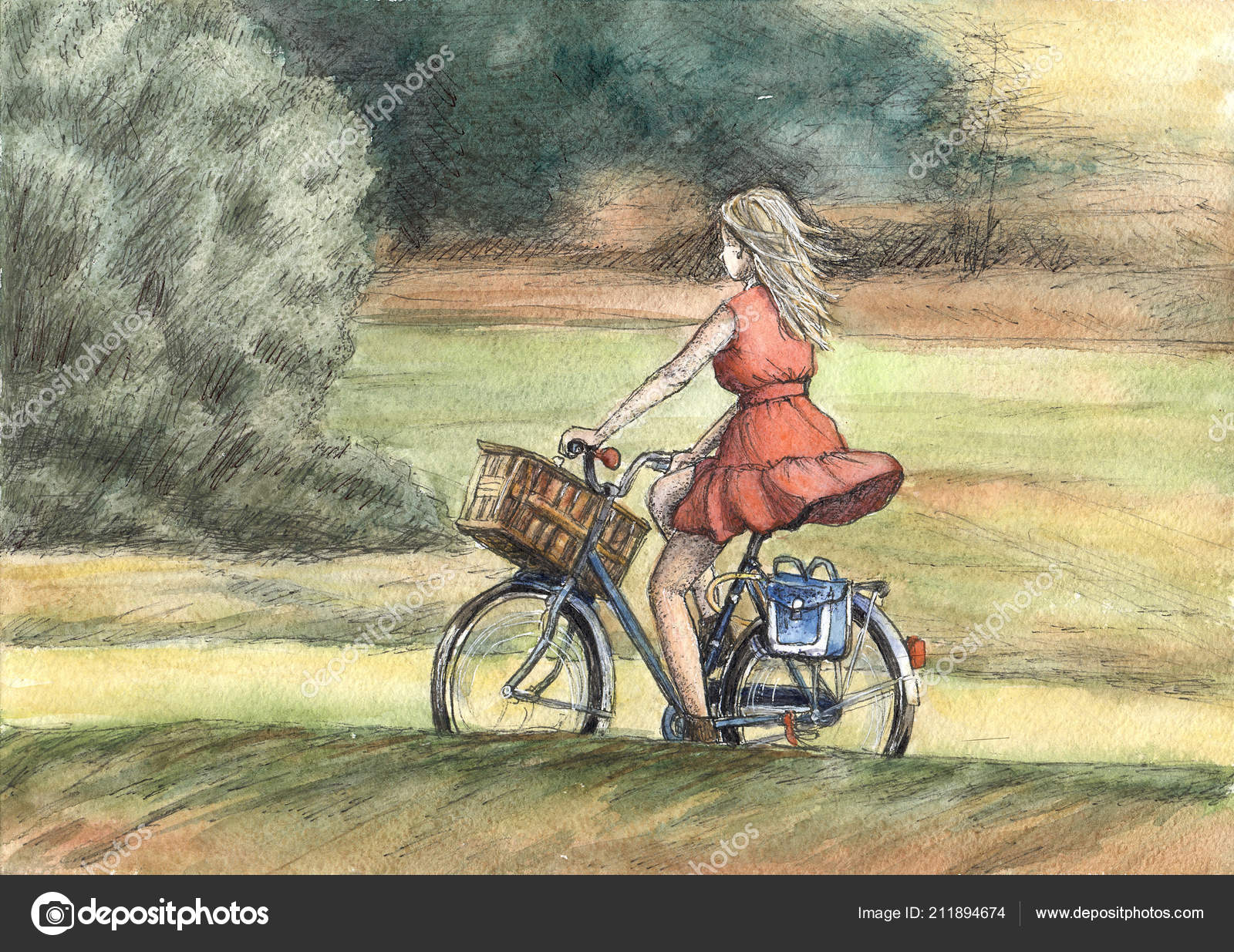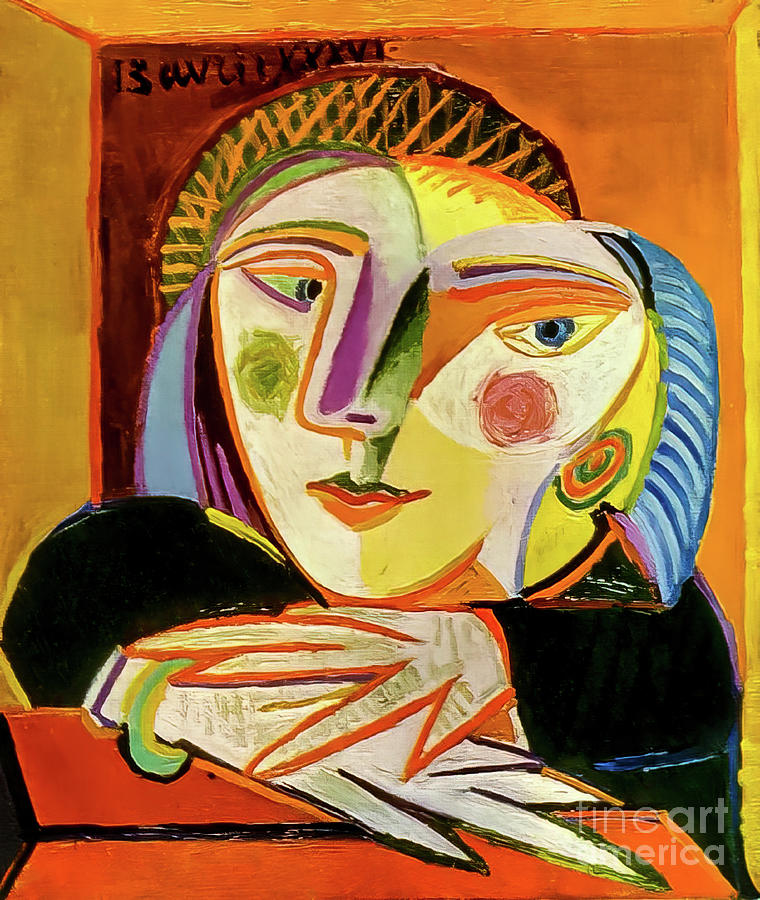This is the second in a series of short stories I have translated from Spanish. Read the introductory post on Julio Ribeyro and this series.
Ramon left the office with the dossier under his arm and walked towards the Avenida Abancay. While he was waiting for the omnibus to Lince, he was contemplating the demolition of the old houses in Lima. Not a day passed without the demolition of a colonial-era house, a balcony of carved wood or simply one of the gentile republican villas, where in the years past, more than one revolution had been forged. At each site, haughty impersonal buildings, identical to the ones in hundreds of cities all over the world, rose up. Lima, the adorable Lima of adobe and wood, was becoming a kind of a barrack of reinforced concrete. The little poetry that remained sought refuge in the abandoned little plaza, a church and in the windows of the princely mansions, where old families languished between parchments and yellowing daguerreotype.
These reflections evidently had nothing to do with Ramon’s firm: a detector of hardened debtors. That very morning, his boss had ordered Ramon to undertake a thorough investigation in Lince to find Fausto Lopez, a dubious client who had signed a forged paper for 40 million soles.
When the omnibus dropped him in Lince, he felt depressed, like he did every time he went around such neighborhoods where the common people, without a history lived. These places were born 20 years ago through some speculative art, dead after filling the pockets of some ministers, poorly buried between the grand metropolis and the luxurious spas of the south. One could see the bedpan-like one storey houses, dirt roads, dusty tracks, straight misty streets where no tree grew, not even weed. Life in these lively neighborhoods throbbed inside the corner stores that were frequented by regular customers and drunkards.
Continue reading “A Mixed Up Address by Julio Ribeyro”






